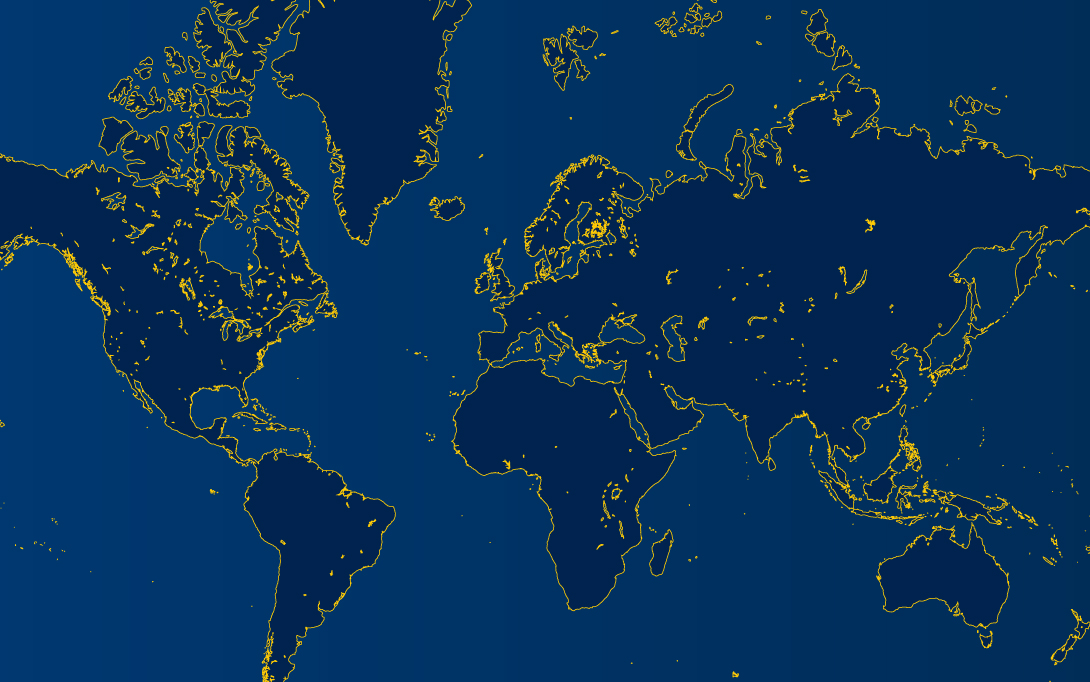
The Ford School’s International Policy Center (IPC) welcomes a new director, Profesor Megan Stewart, for the 2023-2024 academic year. IPC will expand its efforts to support cutting-edge research related to pressing global phenomena while maintaining its excellent experiential learning programs.
Stewart’s own research focuses on the relationship between political violence and redistributive efforts to restructure social, economic, and political hierarchies of power, especially across racial, gender, class, or religious/ethnic lines.
“The International Policy Center is a destination for world-class, multi-disciplinary research and immersive learning experiences focusing on global processes at the Ford School. I am excited to produce and support research on international policies, while providing a new cohort of students with opportunities to enhance their knowledge about and careers related to these policies,” says Stewart.
On the research front, the Center is launching the International Policy Research Seminar (IPRS). The theme of this year's speaker series will be "Constructing and Destructing Global Orders." The first IPRS public event will take place on Thursday, September 28, hosting Cornell University's Professor Sabrina Karim.
Students can also apply for funding for Extended Research Projects (ERPs), Student-Initiated Projects (SIPs), and Externships. ERPs allow students to work with policy research organizations during fall or winter semester, often with an in-person travel component; SIPs are more short-term, and can include presenting research at an international policy conference or participating in international affairs simulations; and externships can involve working with an organization virtually over the course of an entire term. The Center also can fund Grants for Student Organizations, allowing groups to plan and host events that examine international affairs and policy issues.
IPC will continue to offer some of U-M’s best experiential learning programs about global phenomena. Supported offerings include the Aid & Development workshop series, participation in the International Model NATO conference, and two overseas courses: the International Economic Development Program (IEDP) for graduate students and the Global Engagement Seminar for undergraduates. In recent years the courses have gone to Chile, Belgium, Colombia, Costa Rica, and Morocco.
“These are great opportunities for our students,” says Dan Ellis, IPC assistant director and co-founder of the Aid & Development series. “In the past we have had students engage on wide-ranging policy issues from restorative justice to climate change mitigation, sometimes including travel to countries like Guatemala and Canada. IPC’s programs offer unique possibilities for students to gain a deeper understanding of how international policy is designed and implemented.”
The application processes for these programs are fairly straightforward, and can be found on the IPC website. Applications for fall 2023 are due by September 15.
More news from the Ford School